#6874
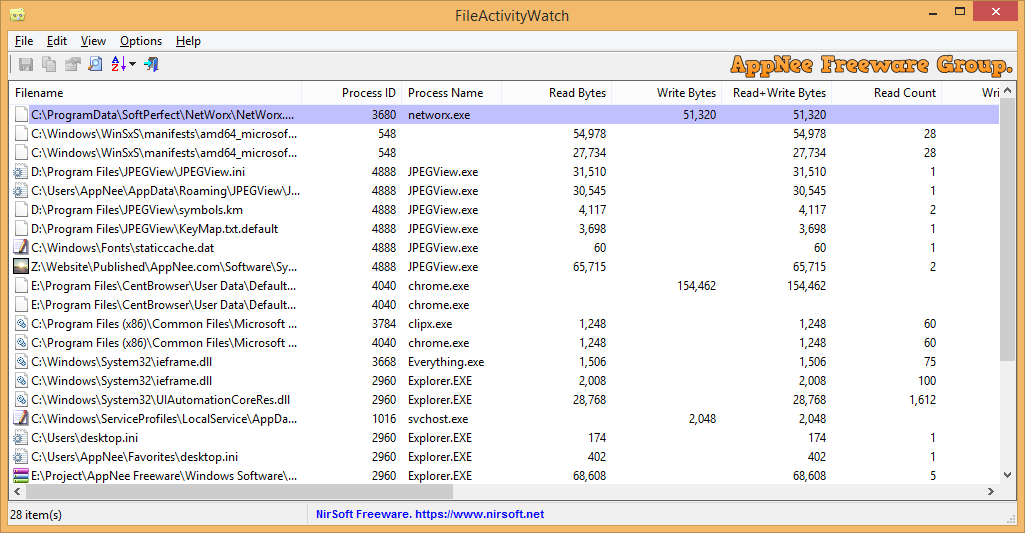
Given the extensive number of processes running in the background to perform system or individual tasks, it is nearly impossible to closely monitor the modifications being made on your computer and their purposes. In simpler terms, it can be quite difficult to identify the writing, deletion, or modifications made by a specific file at a particular time using the tools provided by Windows.
Loading...
Loading...
#6854
UltraDefrag is a small yet powerful disk defragmentation tool with a simple and intuitive user interface. It's designed to optimize the performance of your computer by arranging scattered files on your hard drive in a contiguous manner. It is a valuable tool for users looking to squeeze every ounce of performance out of their hard drives.
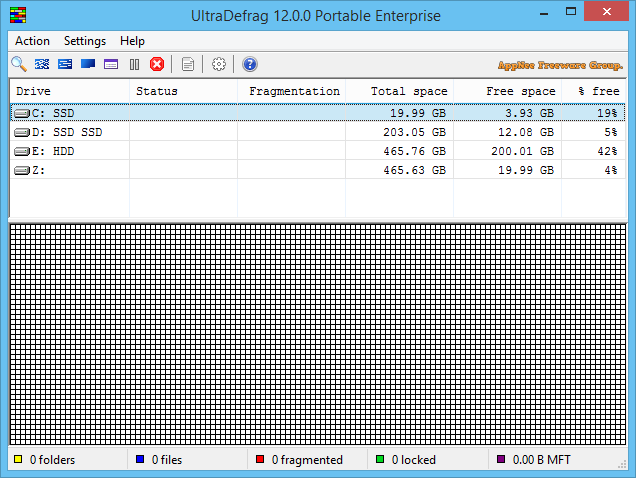
Loading...
Loading...
Loading...
Loading...
#6852
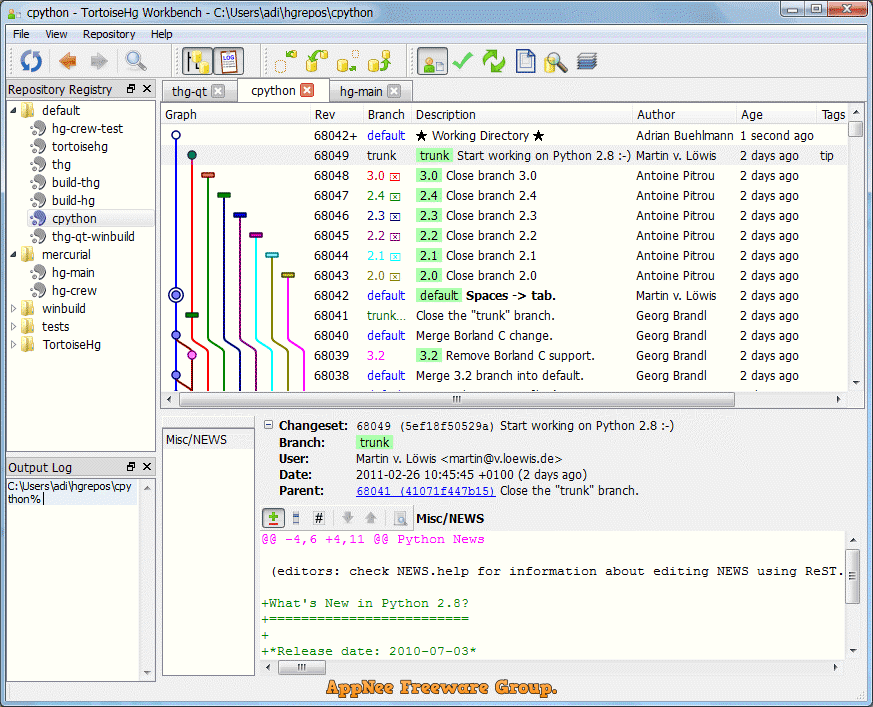
TortoiseHg is an advanced GUI front-end for the classic Mercurial distributed version control system on Windows, Mac and Linux platforms. It comes with a comprehensive suite of graphical tools and a shell extension, and is often recommended and preferred for working with Mercurial.
Loading...
Loading...
Loading...
Loading...
#6849
FolderChangesView is tiny utility that enables users to monitor and track changes made to specific folders on their computer. It provides comprehensive insights into file modifications, creations, deletions, and attribute alterations. It is designed to simplify the process of identifying changes within a folder structure, making it an invaluable asset for system administrators, security analysts, and forensic investigators.
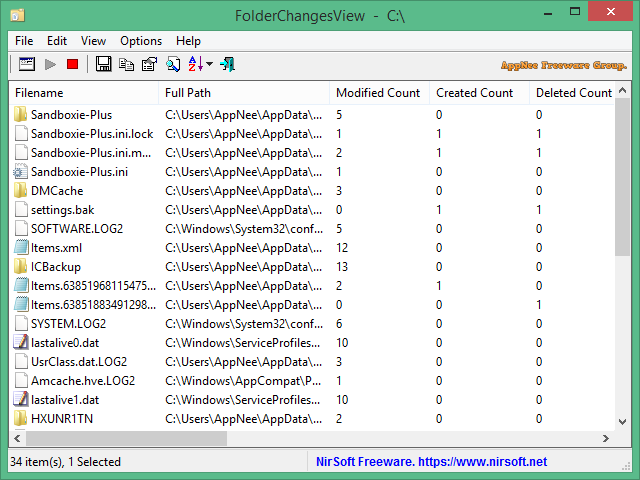
Loading...
#6808
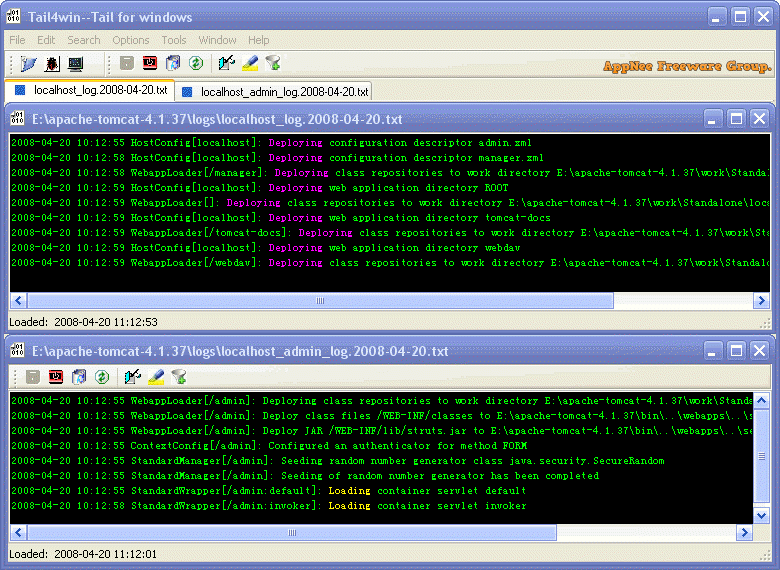
On Unix and Linux systems, we can use the "tail -f" command to view and monitor the information in the log files generated by the system or software. This is a very useful feature for programmers or system administrators. It's a pity that Windows doesn't have this feature built in. If you need to implement similar functions, you can use a third-party program, Tail4win.
Loading...
Loading...
Loading...
Loading...
Loading...
#6807
Data File Converter (AKA: DataFileConverter) is a data conversion tool for Windows, Linux and Mac platforms. It helps data processing programs convert data files from one format to other formats. It supports conversion between multiple data formats (including CSV, TXT, TSV, XLS, XML, SQL, HTML, etc.). It is mainly used to convert database data files, and is suitable for database development and maintenance personnel.
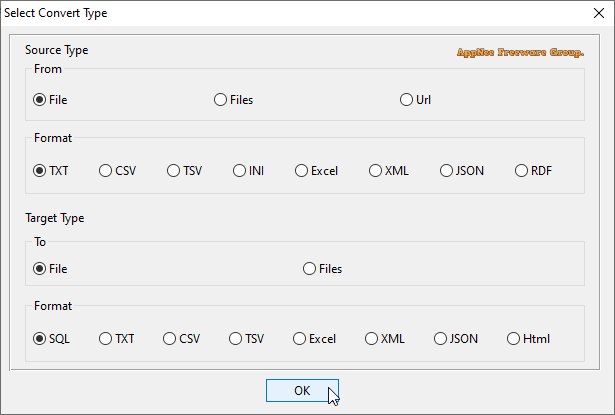
Loading...
Loading...
Loading...
Loading...
Loading...
#6790
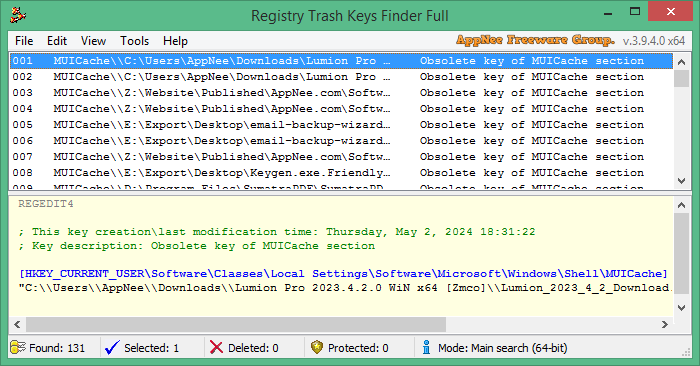
Windows Registry is a database that stores settings and configuration information for your computer's hardware, operating system, and installed software programs. Overtime, the registry can become cluttered with obsolete or invalid entries, resulting in slower performance and even system crashes. This is where Registry Trash Keys Finder comes in.
Loading...
Loading...
Loading...
Loading...
#6608
NFO files are small data bits that accompany most warez scene releases of pirated software or media. They contain information about the title, author, license, encoding type, and more. These files cannot be opened correctly using common text viewers, instead you need a dedicated NFO file viewing tool like iNFekt.
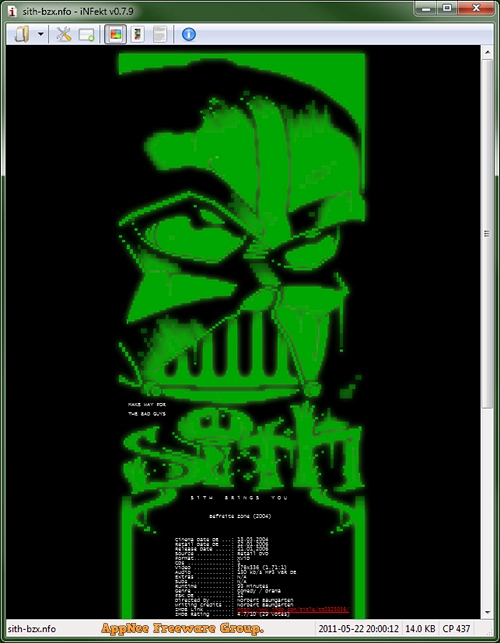
Loading...
Loading...
Loading...
Loading...
#6523
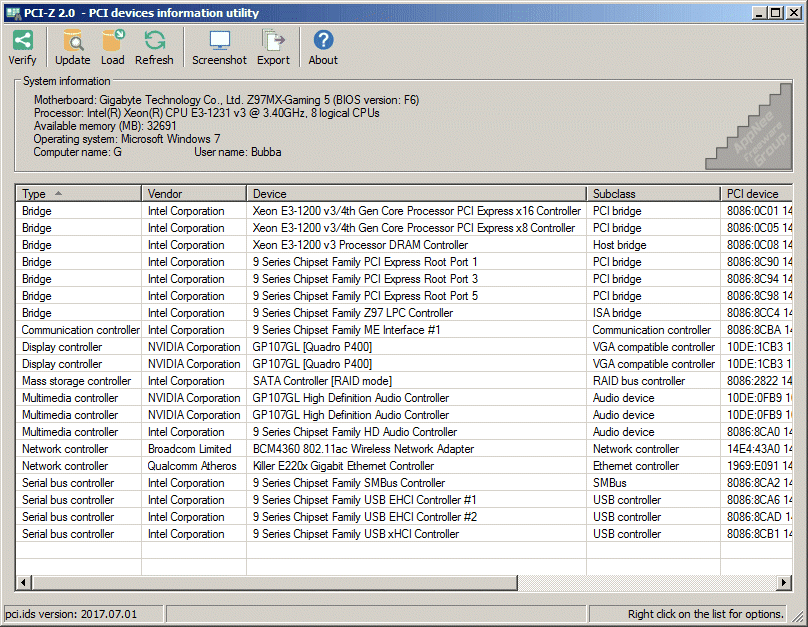
PCI-Z is a hardware device information viewing and detection tool similar to CPU-Z and GPU-Z. They are both very simple and compact free tools for Windows. The difference is that it is used to view detailed information of various PCI devices, including detecting information about various unknown PCI/PCI-E/PCI-X devices installed on a computer, even if your Device Manager cannot identify them.
Loading...
Loading...
Loading...
#6522
electerm is a free, open-source Terminal emulator and SSH/SFTP client for Windows, Mac and Linux platforms, based on Electron/SSH2/node-pty/xterm/antd (Ant Design)/SUBX and many other libs, developed by ZHAO Xudong (赵旭东) from China. It is suitable for developers, system administrators and network engineers who need to frequently connect to and operate remote servers.
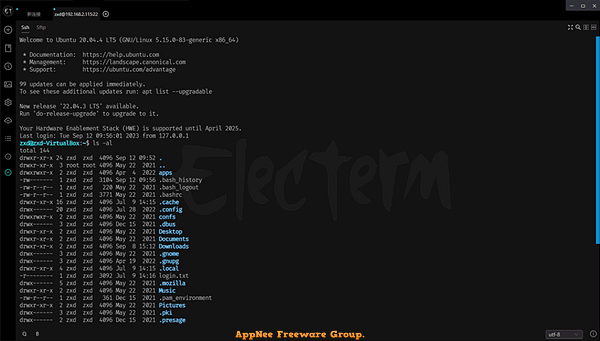
